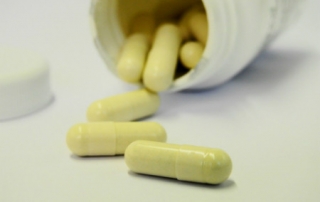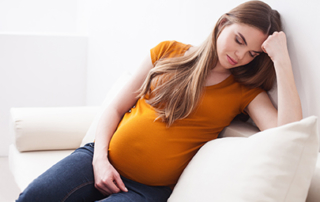Folic Acid Supplements Before and After Conception: Prevention of Autism
In a recent editorial in The Annals of Internal Medicine entitled “Enough Is Enough: Stop Wasting Money on Vitamin and Mineral Supplements,” authors make a case that multivitamins are not a good value (Dec 17, 2013 issue). This editorial was based on new research that demonstrated that there was no association between multivitamin use and rates of mortality, cognitive decline and recurrent cardiovascular events in three different studies. The assertion that multivitamins are not worth the money was widely reported in the media.









